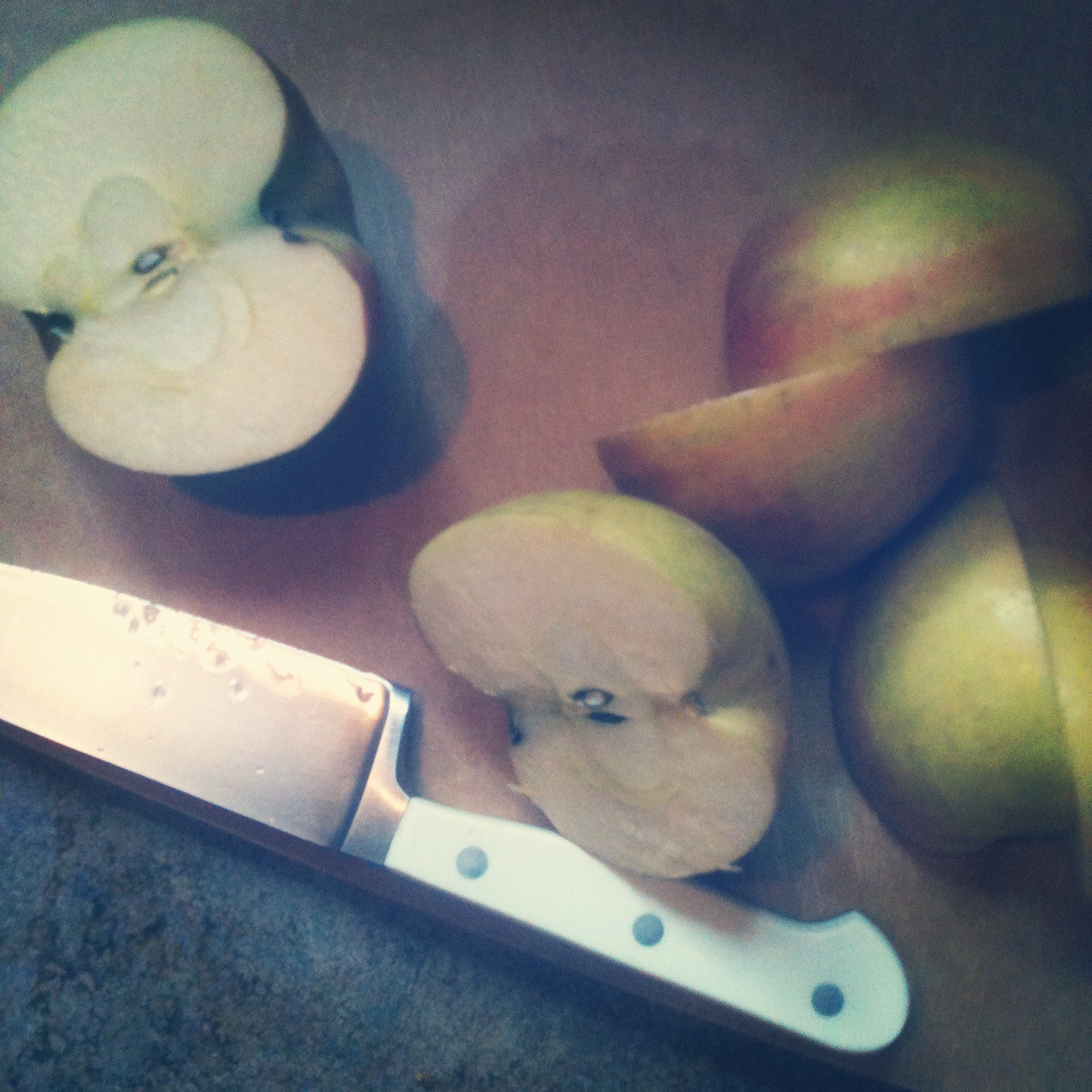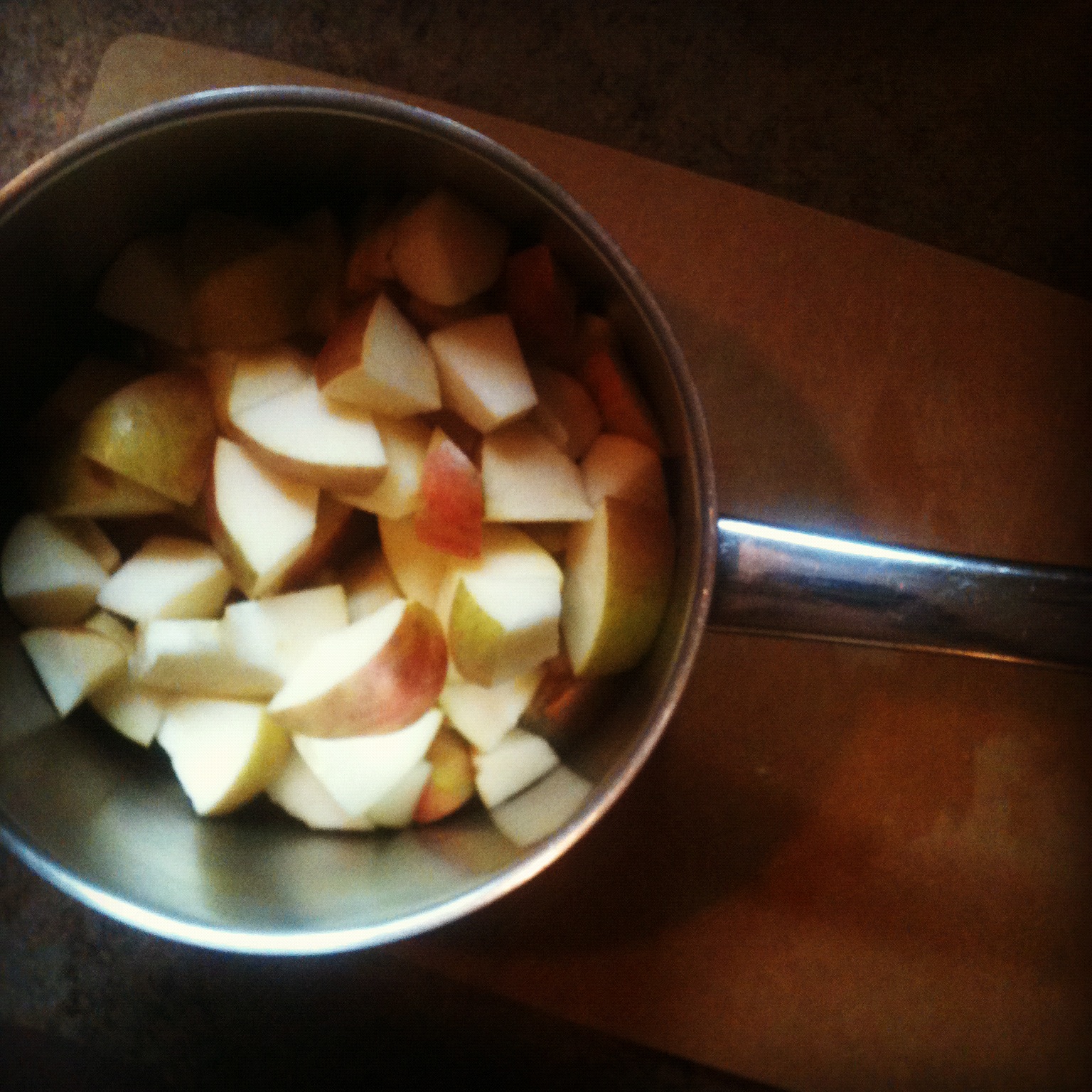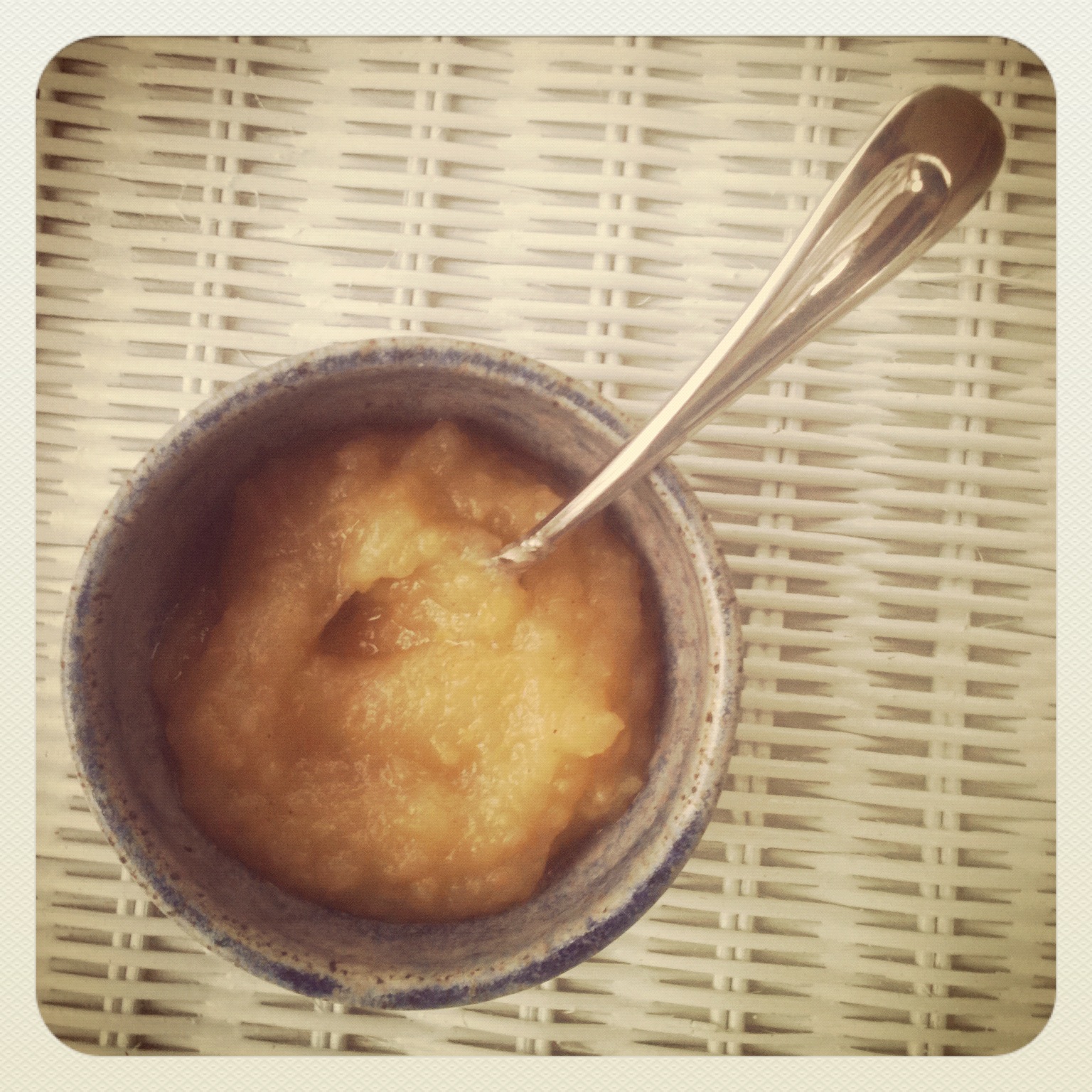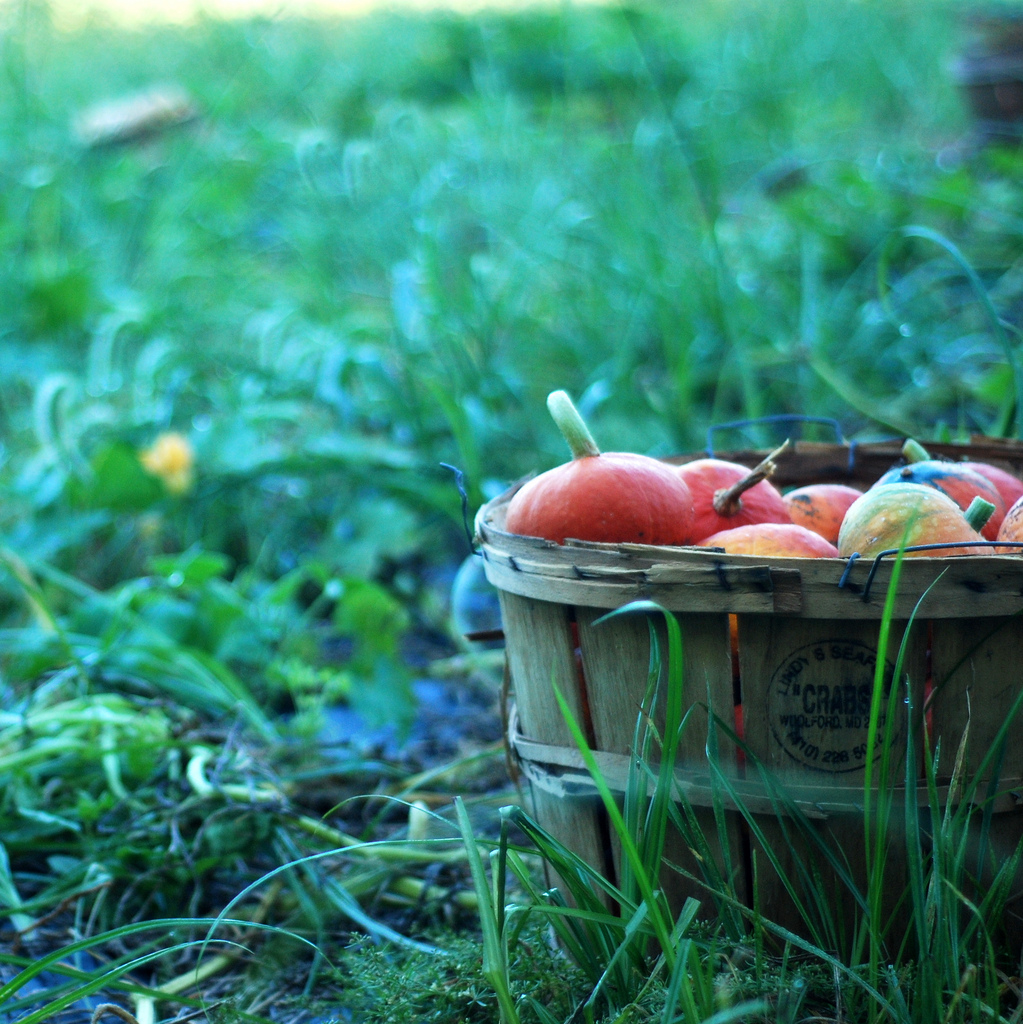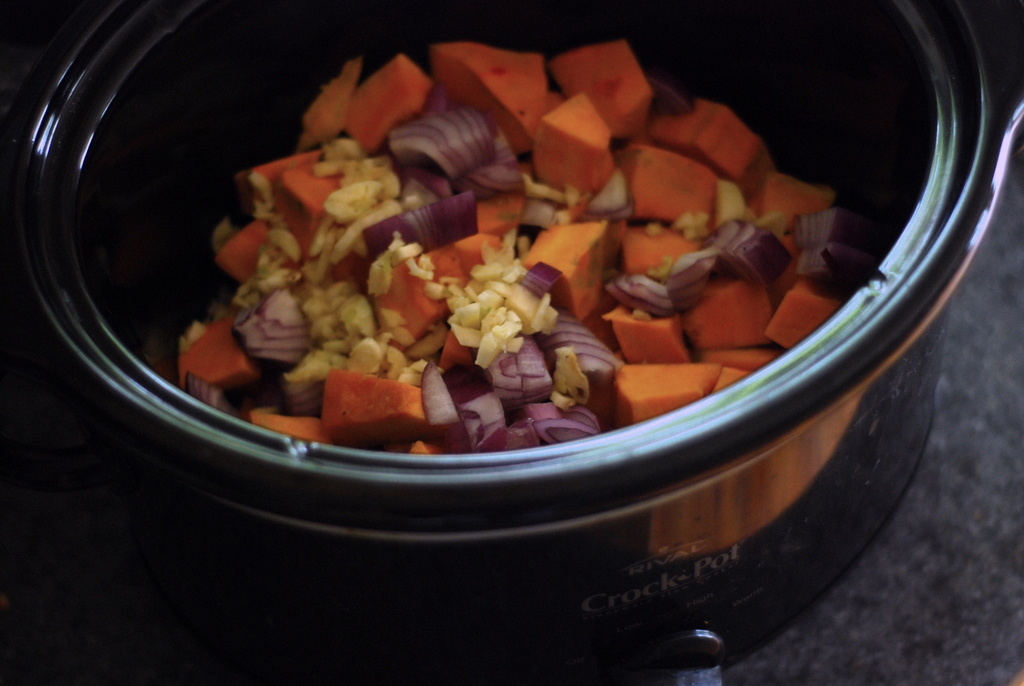The following post first appeared over at Southside Kitchen Collective, a collaborative (and fairly sporadic) project on families and food that I ran for a little while. As we prepare for our move away from Southside Virginia, I’ve imported a few SKC posts into Coffee in the Woodshed — the more personal ones I wrote, about our experiences cooking and eating with our young son. I think they belong here as well.
Saturday was my son’s second birthday, and it was a really good one. I didn’t, in the end, get everything done I’d been planning: my dad and I had what turned out to be overly ambitious plans to build him an easel, for example, and I never did get around to making a birthday banner we can use for all our birthdays every year.
Still, when I think back on the celebrations, things really did go exactly as I’d hoped. And I think it has a lot to do with the intention I set very deliberately when we started planning: Keep things simple. Remember that gathering together in celebration of this little guy – the eating and the laughing and the gratitude – is the point. Don’t get lost in the details. Don’t fret. Don’t fret.
And you know what? I didn’t! So what if the icing wouldn’t set, if the cornbread sank low in the middle, if the wood for the bonfire was damp, if the sink was full of dishes! We had ourselves a very merry day indeed. We cooked together and instead of stressing over whether dinner would be ready in time or what to do about that icing, we sipped wine and told jokes and chopped sweet potatoes and tasted the chili to see if it needed more salt. And then we filled our bellies with really really good homemade food and we sang and laughed for the birthday boy and as we sat around that fire at the end of the night, I felt an enormous peace.
Which brings me to my point: I think the kitchen is a great place to choose not to fret. It’s an easy place to fret, I know. So many people to accommodate, so many recipes to try, so many techniques to understand, and what must be five dirty dishes for every clean one you manage to wrangle back onto the shelf.
For me, personally, the kitchen is probably the place where I have the greatest ambitions, and so it’s also the place where I experience some of my deepest disappointments. There’s so much I want to do well in the kitchen: I want to make a realistic and delicious menu plan every week, I want to freeze and can and ferment, I want to involve my son as much as possible, and I want it to be tidy in there at least sometimes. And I do not do all of this well. Sometimes I feel really defeated.
I do think it’s really important to ask ourselves what kind of home we want, to have some kind of framework on which to hang the minutiae of our days, to have a big picture that guides us as we decide what can get done and what will have to wait. But I’m coming to think it’s equally important to learn how to let go. To choose not to fret.
Here are a few tiny little ways we’ve learned not to fret in our kitchen:
- I use salted butter in my baking and nothing bad happens. Most baking recipes call for unsalted butter. Unsalted butter just doesn’t taste very good on toast or pancakes or sweet potatoes, so we never buy very much of it. I do try to keep a pound or so in the freezer, but I find I want to bake way more often than I remember to thaw that butter. So, I use regular salted butter. If I remember, maybe I use a bit less salt than the recipe calls for to compensate, but often I don’t even do that. I have had no catastrophes.
- We don’t peel our vegetables. I learned about not peeling from my husband, and it’s been very liberating! We do peel winter squash and onions and garlic, but that’s it – we don’t peel potatoes, carrots, zucchini, cucumbers, sweet potatoes, or beets. Everything seems to taste quite delicious, and I’m betting it’s healthier to boot. We do grow most of our own vegetables on our farm, so we know there’s no pesticide residue or wax on them. If you buy most of your produce at the grocery store, be sure to wash it very well if you’re going to join our little No Peel Revolution.
- I find most cultured dairy products can be used interchangeably. So I use what I have on hand — yogurt, buttermilk, sour cream — regardless of which one the recipe calls for. If I don’t have any of those, I’ll add a tablespoon or two of vinegar or lemon juice to milk and let it sit for 5 or 10 minutes. Works great.
These really are small things. But sometimes a small thing is all I need – to find my footing, to remember to be gentle with myself, and to get on with the merry work of feeding my family.

